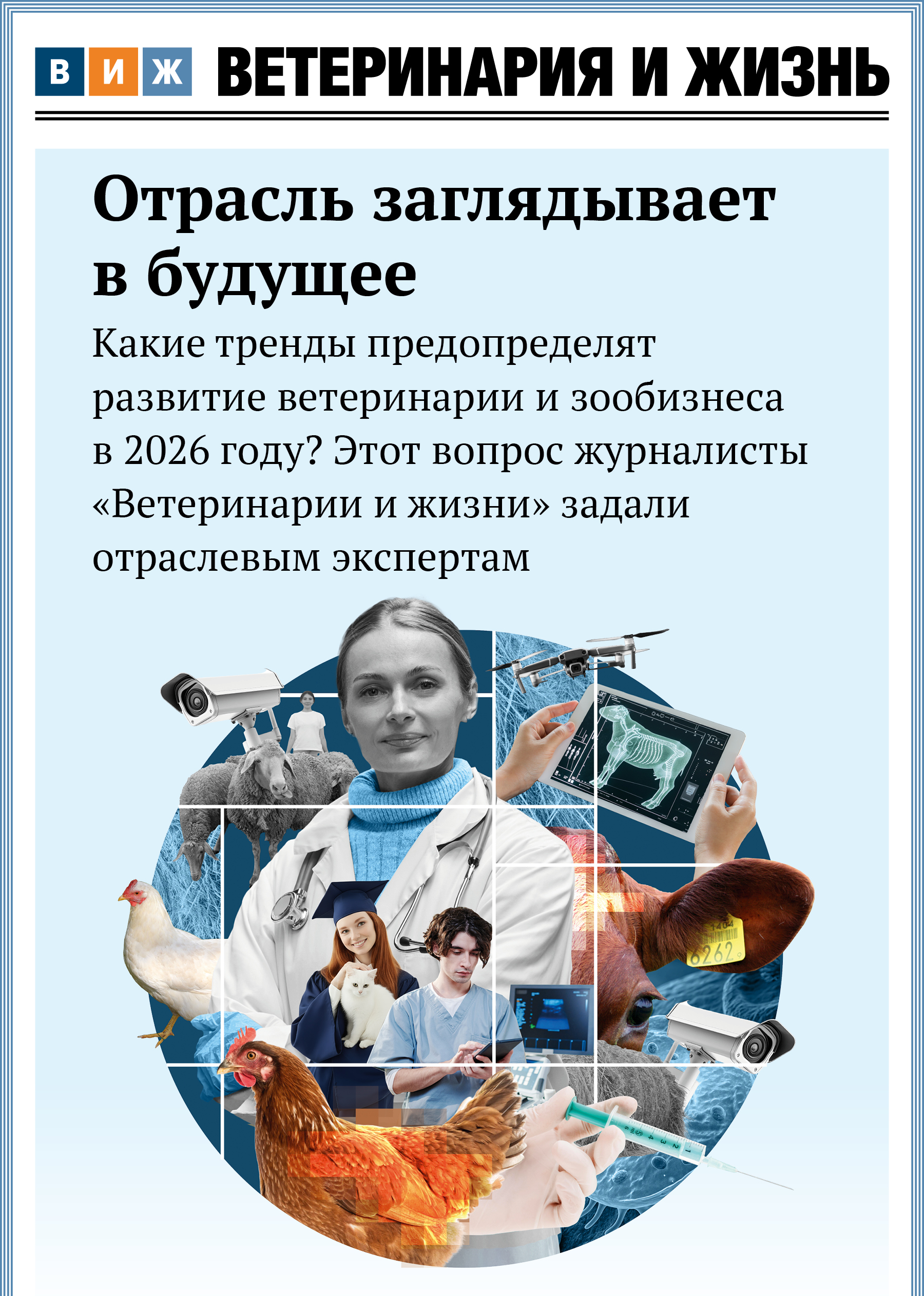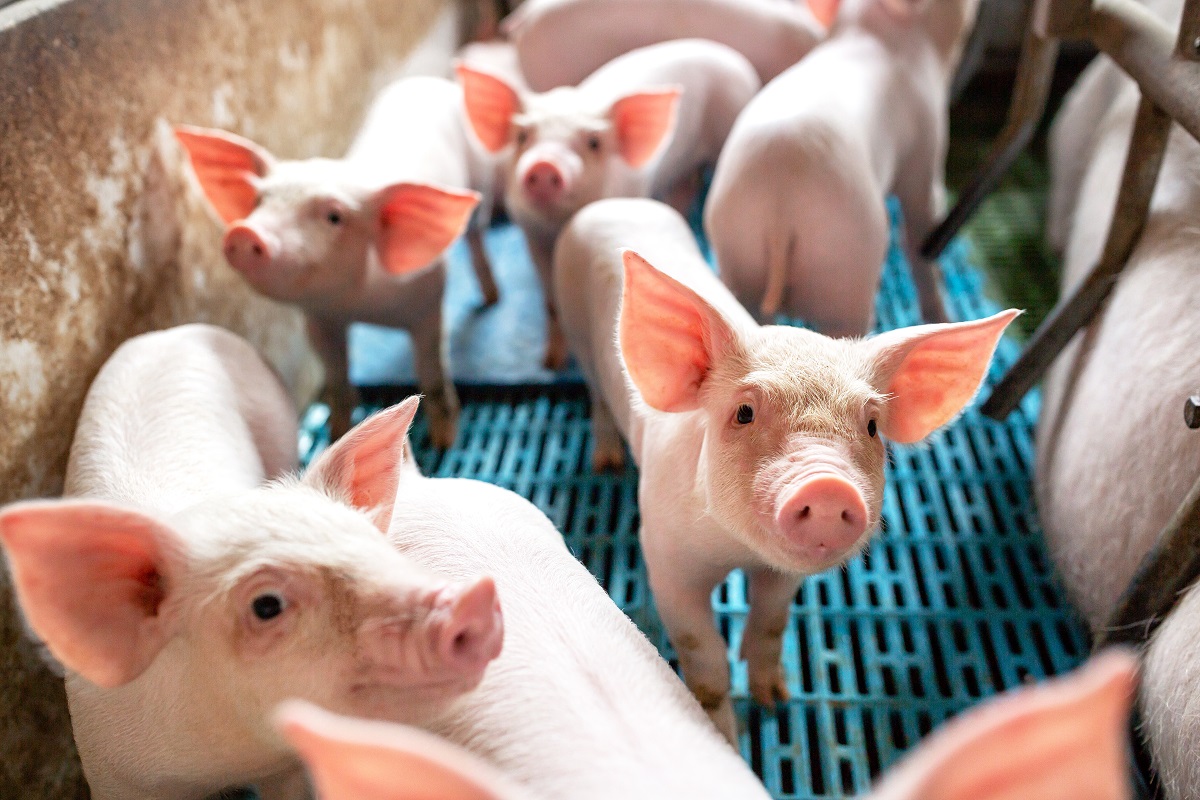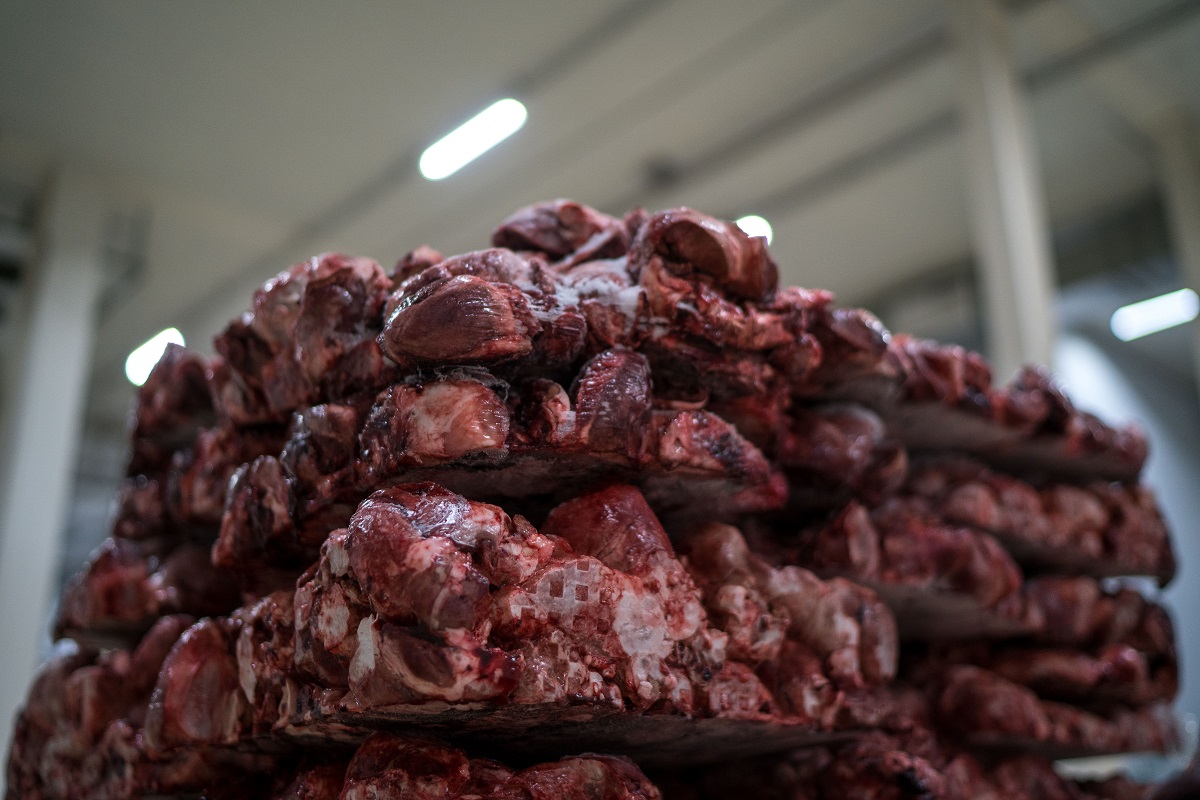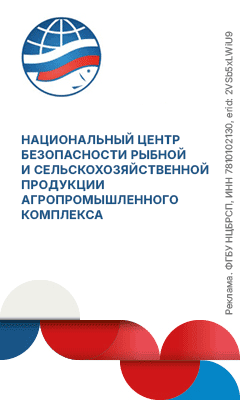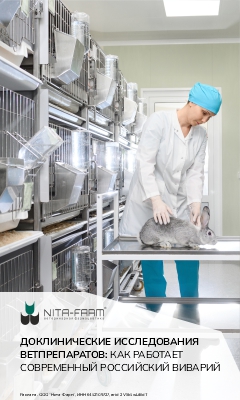“The ASF situation remains unfavorable but controlled. The number of ASF outbreaks in 2022 didn’t exceed 141, with only 68 of them reported in domestic pigs, which is about 2 times less than in 2021,” said Nikita Lebedev, adviser to the head of the Rosselkhoznazor. According to him, the number of farm animals lost to ASF was considerably lower than before.
“The major issue in 2021 was the illegal sales of large amounts of low-quality pork and food waste via online shops, social networks and instant messengers. According to the results of outbreak investigations, most of them were purchased from various social institutions (schools, canteens, hospitals and cafes) or via websites, and then used for feeding animals,” the Rosselkhoznadzor official said.
He also noted, that in order to address this problem, a ban on feeding pigs with food waste has been introduced. The corresponding amendments were made to the current veterinary regulations (Order No. 583 of September 6, 2022, by the Ministry of Agriculture). The changes will come into force on 1 March 2023.
Besides that, territorial administrations of Rosselkhoznadzor in cooperation with police authorities were engaged in disruption of activities of illegal private traders or companies selling or legalizing meat products and food waste. According to Nikita Lebedev, the major role in the disruption of illegal trade and legalization of meat products of unknown origin belongs to the Rosselkhoznadzor’s VetIS information system, and also to the regional monitoring teams, that monitor social networks and online shops.
The ASF situation in the world and in Europe is described as tense, with the risk of further worsening due to virus introduction into the territories that are currently free from it. About 7700 ASF outbreaks were reported in Europe in 2022, with 533 registered in domestic pigs and 7200 in wild boar.
Human activities were named by the Rosselkhoznadzor official as one of the reasons for the large-scale spread of the ASF virus.


